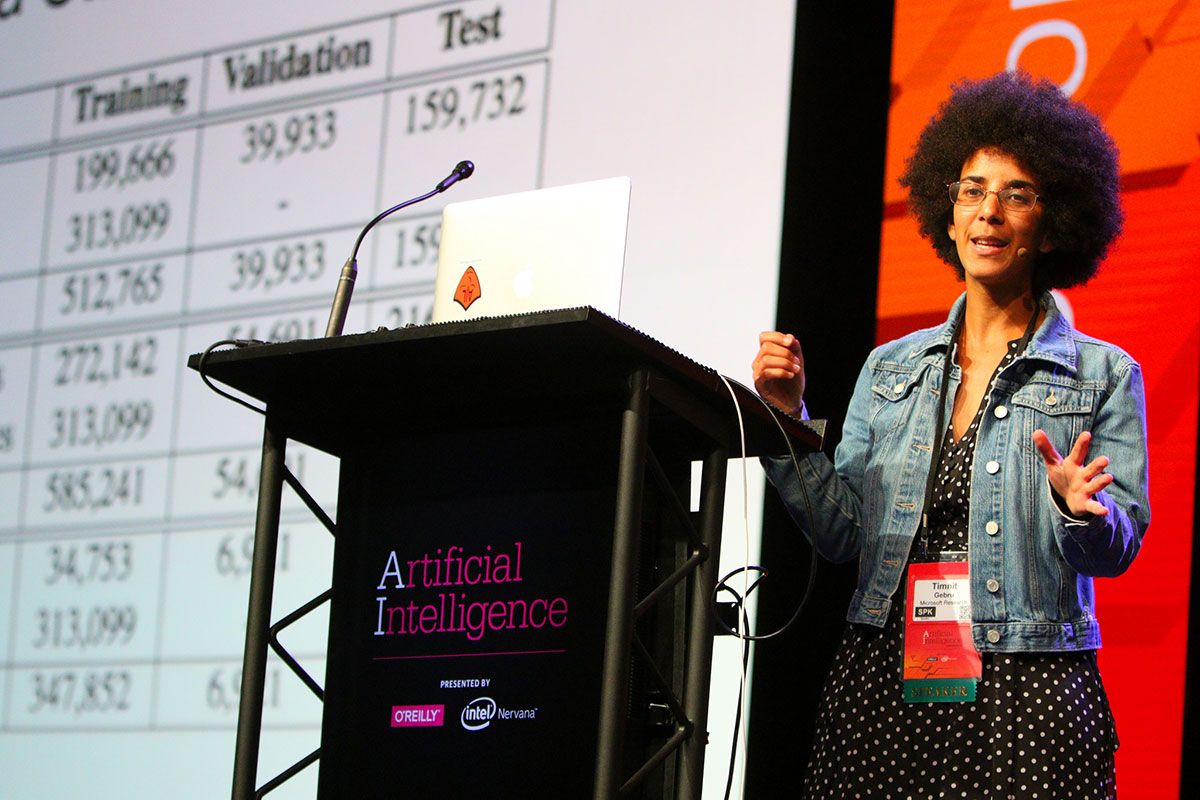Recent studies show that 1 out of every 100 emails sent globally has malicious intent.
This is one of the many statistics that illustrate the rise in hacking and phishing. The subject of phishing, in particular, has played big roles and some of the largest data breaches recently.
An example of this would be the 2014 Sony Pictures breach perpetrated is to be believed by North Korea per the US Department of Justice. in this instance, it only took one email being opened by an employee to provide malicious actors a way to take control of Sony’s network.
A common thing we see among phishing attacks is impersonating an actual employee inside of the business. Some Phishing messages have even been reported as coming from the CEO of the company and play off of existing relationships to convince the victim to part with confidential information.
Phishing attacks don’t just happen on traditional computers but also mobile devices as well.
Even more modern security measures such as two-factor authentication can also be targeted by phishing. The hackers of today are able to create fake login pages to get the information of a target and then use that information to access the actual website.
So why isn’t 2-step verification good? Why doesn’t it work? When the victim is prompted for 2-step Verification they also enter the verification number on the fake login page, thus giving the attacker complete access.
A Rise In Hacking & Phishing Attempts
A series of industry reports demonstrates the growing trend of hacking and phishing attempts in recent years.
According to PhishMe’s Enterprise Phishing Resiliency and Defense Report, phishing attempts have increased 65% from the previous year.





